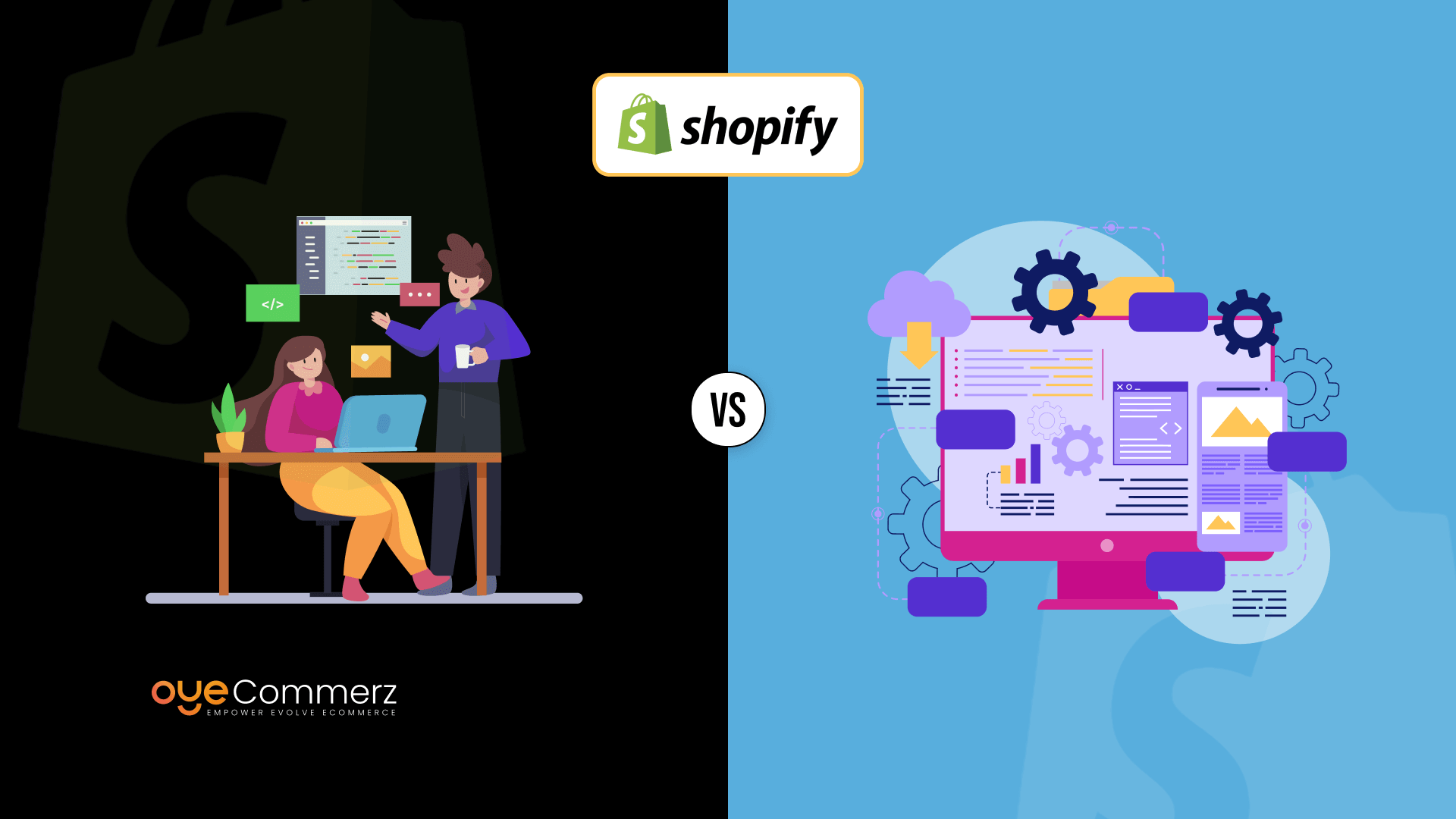Introduction
In today’s competitive e-commerce environment, differentiating is paramount, and one of the best ways to differentiate a Shopify store is through custom app creation. A well-built Shopify app can boost store capabilities, streamline operations, and elevate customer interaction. This article explores key aspects of Shopify app development, from API integration to growth techniques and digital marketing approaches, providing a roadmap for businesses looking for superior store efficiency.
The Importance of Shopify API Integration
Shopify’s API provides powerful tools to personalize and extend store capabilities. With GraphQL and REST APIs, developers can access data to create apps that manage inventory management, order handling, and customer information management seamlessly. Integrating Shopify’s API can enable improved workflow automation and allows stores to serve customers more efficiently.
Utilizing the Polaris Design System
Polaris is Shopify's set of design guidelines for creating user-friendly and easy-to-use Shopify apps. By adhering to Polaris guidelines, developers ensure that apps seamlessly integrate within the Shopify Admin interface. This provides a cohesive appearance that resonates with Shopify merchants, encouraging ease of use and familiarity for merchants utilizing your tailored app.
Understanding the Shopify App Ecosystem
The Shopify app ecosystem provides numerous opportunities for enhancing e-commerce sites. From managing fulfillment processes to increasing customer interaction, apps in this environment are tailored to meet diverse business requirements. Learning about this ecosystem assists developers in finding unique app opportunities and enables smooth connections of third-party services that add value to the store.
Building Embedded Shopify Apps
Embedded apps integrate directly within the Shopify Admin, allowing a seamless experience for merchants. They allow merchants do not need to navigate away from their Shopify control panel, simplifying their process. Employing Shopify App Bridge and embedded app features is a best practice for offering a unified, well-integrated Shopify customer engagement tools user experience.
Leveraging Node.js and React for Shopify Development
Node.js and React have become top options for Shopify app creation. Node.js enables high-performance server-side applications, while React allows for interactive and adaptive front-end design. Together, they offer an strong platform for building fast, growth-ready Shopify apps that improve store functionality and customer interaction.
Utilizing Webhooks in Shopify Development
Webhooks allow real-time data updates between Shopify and an outside application. They trigger events such as new orders or inventory updates and provide immediate notifications to your app. By utilizing webhooks, apps can deliver real-time information to store owners, simplifying processes and boosting efficiency.
Engaging Customers Through Digital Marketing for Shopify Apps
To ensure Shopify app success, engaging customers is crucial. Using digital marketing strategies like SEO, email marketing, and social outreach can drive app adoption. Additionally, designing apps with customer engagement in mind (e.g., loyalty programs or personalized suggestions) increases user loyalty and satisfaction.
Making Your Shopify App Scalable
As e-commerce stores expand, so do their technological needs. Making sure that your app can manage increased traffic, larger data sets, and more complex functionalities is critical. By improving server resources and using scalable solutions, you can develop apps that grow in parallel to a store’s growth.
Essential Features and Maintenance for Shopify Apps
For an app to be useful, it should offer essential features like user login, analytics dashboard, and support channels. Regular app maintenance, with updates to fix bugs and ensuring compatibility with new Shopify functionalities, is vital to ensure uninterrupted performance and avoid interruptions to merchant workflows.
Conclusion
Custom Shopify app development offers immense opportunities for e-commerce businesses, offering the ability to enhance store Discover Shopify app options functionality, streamline processes, and foster customer loyalty. With API integrations and Node.js to focusing on scalability and customer interaction, building a Shopify app involves thoughtful preparation and well-planned actions. If you’re prepared to unlock your store’s full potential, a custom Shopify app may be the perfect solution. What features do you envision for your ideal app? Share your thoughts and begin the journey to an optimized e-commerce journey!
